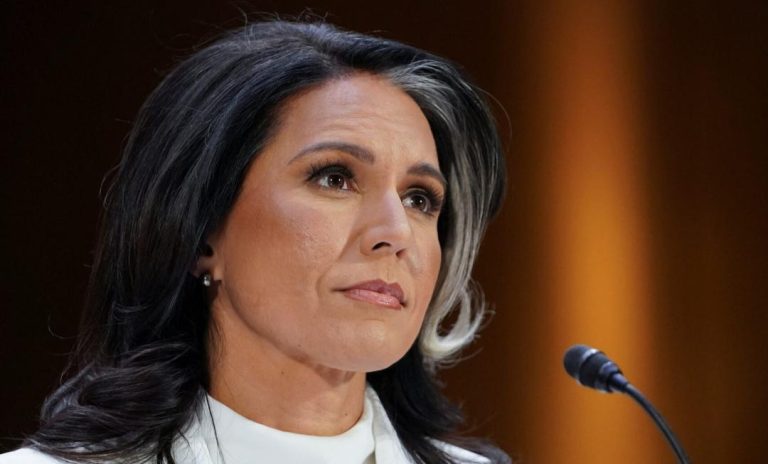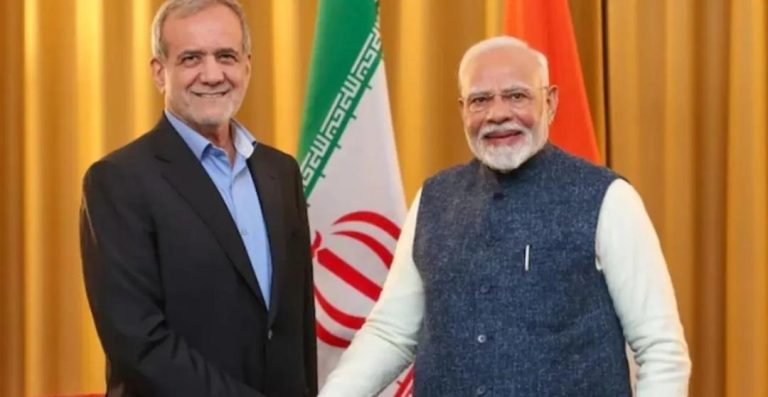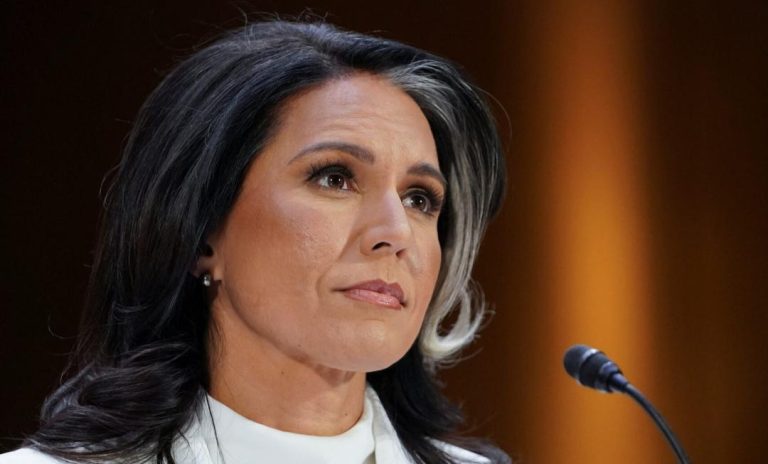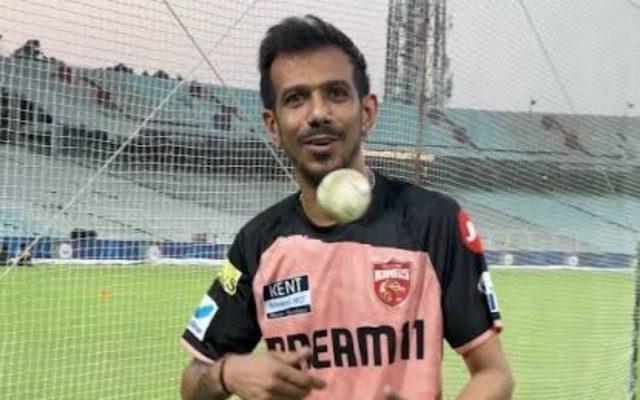
Iran Offers to Mediate between India and Pakistan after Pahalgam Attack
In the wake of the recent terrorist attack in Pahalgam, Jammu and Kashmir, which has led to heightened tensions between India and Pakistan, Iran has stepped forward to offer its mediation services to ease the standoff between the two nuclear-armed neighbors. Iran’s Foreign Minister, Seyed Abbas Araghchi, made the offer in a tweet, stating that Tehran stands ready to use its good offices in Islamabad and New Delhi to forge greater understanding at this difficult time.
The attack in Pahalgam, which was carried out by a group of terrorists, resulted in the deaths of five people, including two police personnel. The incident has sparked outrage and anger across the country, with many calling for stern action against Pakistan, which is widely believed to be supporting terrorist groups operating in the region.
The attack has also led to a deterioration in relations between India and Pakistan, with India suspending the Indus Waters Treaty, a landmark agreement that governs the sharing of the waters of the Indus River and its tributaries between the two countries. The treaty was signed in 1960 and has been a cornerstone of Indo-Pak relations, allowing for the peaceful sharing of the region’s most vital natural resource.
India’s decision to suspend the treaty is seen as a significant escalation of the tensions between the two countries, and has been met with strong condemnation from Pakistan. Pakistan’s Foreign Office has termed the move as “unilateral” and “unjustified”, saying that it would have a “grave impact” on the region’s water security.
In the midst of this heightened tension, Iran’s offer to mediate between India and Pakistan comes as a welcome development. While Iran has traditionally been a close ally of Pakistan, it has also maintained good relations with India, and has been a key player in regional affairs.
Iran’s offer to mediate is significant for several reasons. Firstly, Iran has a long history of mediating disputes between neighboring countries, and has played a key role in resolving conflicts in the region. Secondly, Iran’s relations with both India and Pakistan are strong, and it has the trust and confidence of both countries.
Furthermore, Iran’s offer to mediate is not surprising, given its long-standing interest in promoting regional stability and security. Iran has been a vocal advocate of regional cooperation and dialogue, and has played a key role in promoting regional initiatives such as the Regional Comprehensive Economic Partnership (RCEP) and the Shanghai Cooperation Organization (SCO).
In recent years, Iran has also been working closely with India and Pakistan to promote regional economic cooperation, and has been a key player in the development of the Chabahar port, which is seen as a key gateway for India’s trade with Central Asia and the Middle East.
However, despite the potential benefits of Iran’s offer to mediate, there are also several challenges that need to be overcome. Firstly, India and Pakistan have a complex and multifaceted relationship, and it will be difficult to resolve the outstanding issues between the two countries through mediation alone.
Secondly, the terrorist attack in Pahalgam has led to a significant deterioration in relations between India and Pakistan, and it will be difficult to restore trust and confidence between the two countries. Finally, the offer to mediate may also be seen as a way for Iran to increase its influence in the region, and may be viewed with suspicion by some quarters.
In conclusion, Iran’s offer to mediate between India and Pakistan after the Pahalgam attack is a significant development that could potentially help to ease the tensions between the two countries. While there are several challenges that need to be overcome, Iran’s offer is a welcome development that could potentially help to promote regional stability and security.
As the situation continues to unfold, it will be important to closely monitor the developments and to see how the offer to mediate plays out in the coming days and weeks. One thing is certain, however – the situation between India and Pakistan is highly volatile, and any efforts to de-escalate the tensions and promote regional stability will be crucial in preventing further escalation.






